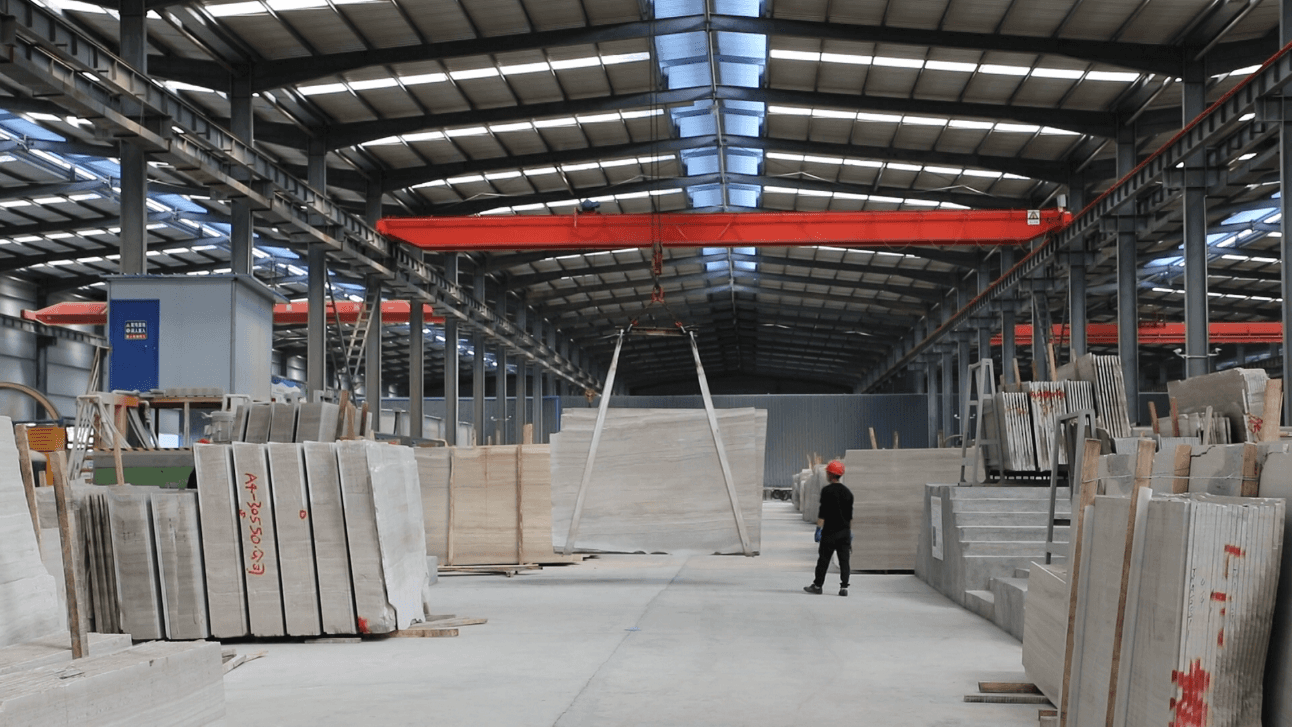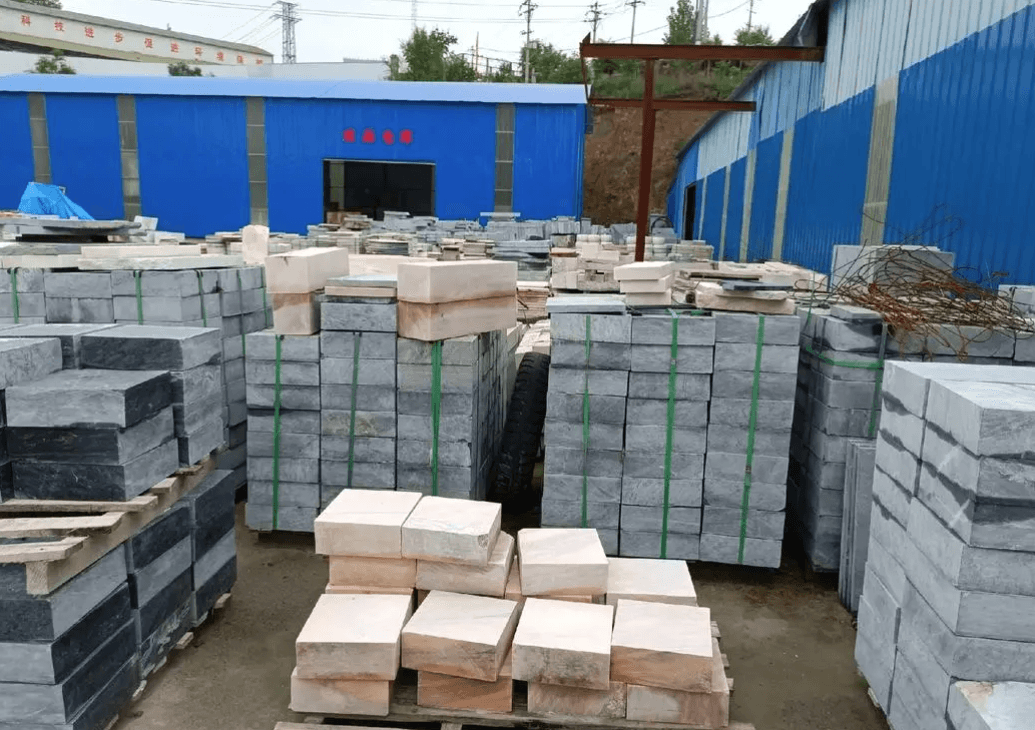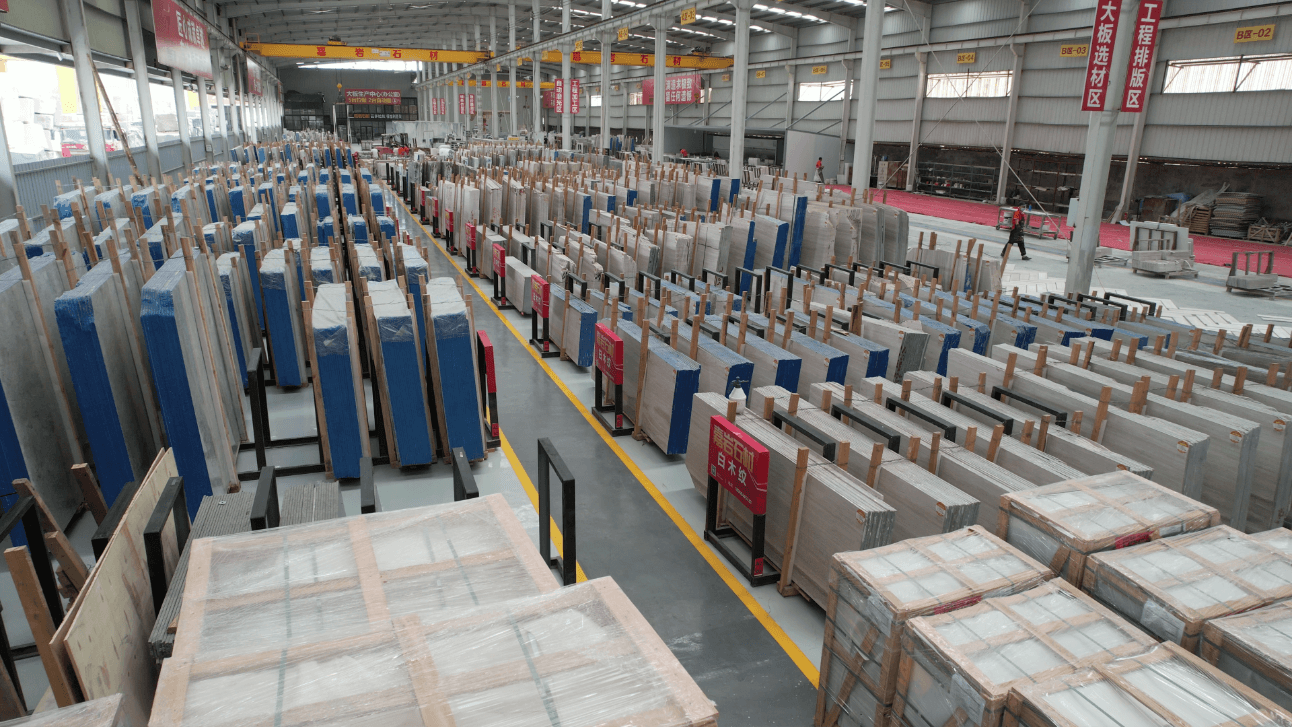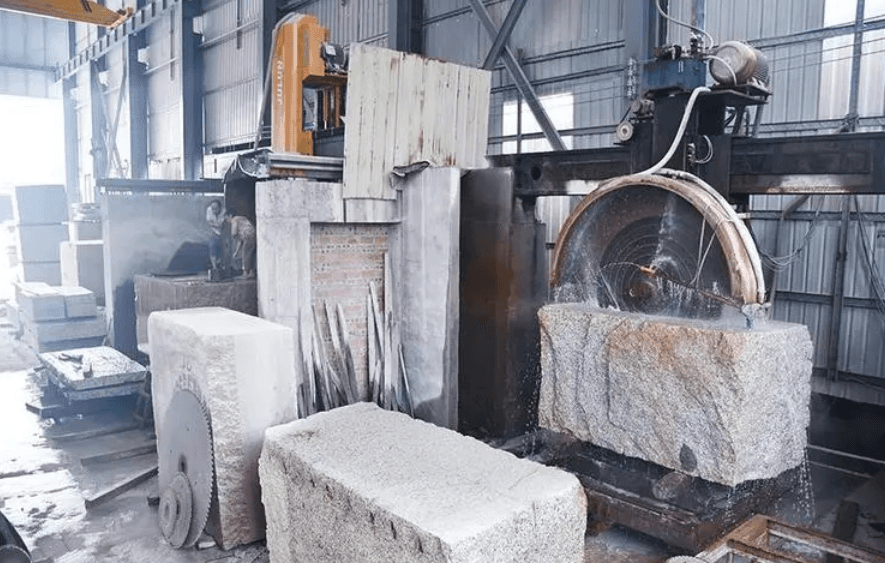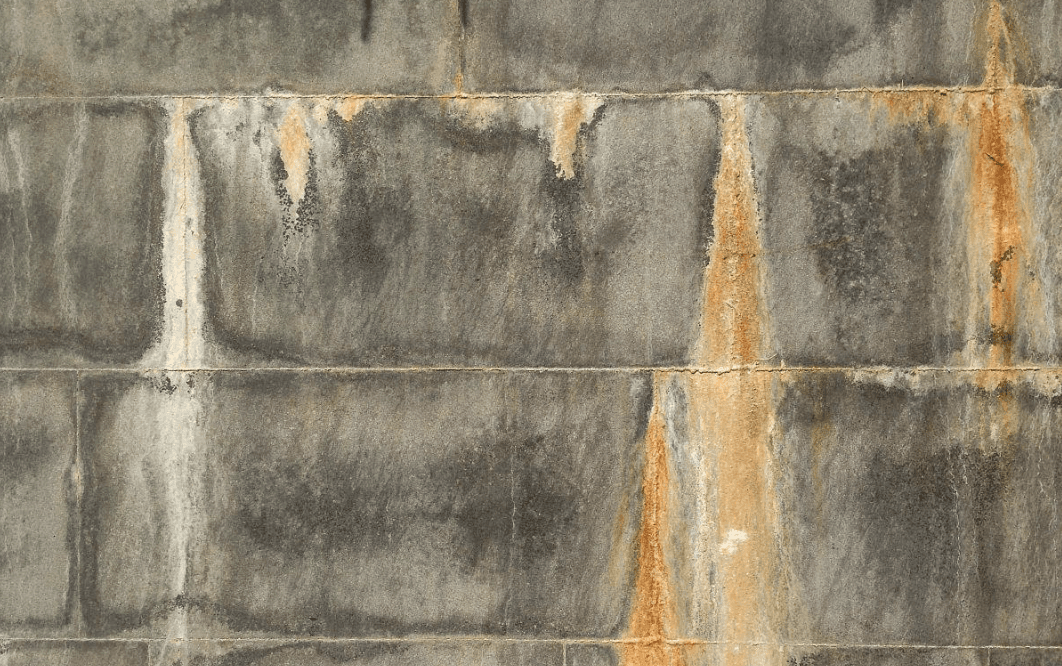Reasons for Pattern Variation in Stones from the Same Mine and Methods for Uniform Pattern Processing
Lizzy
Reasons for Pattern Variation in Stones from the Same Mine and Methods for Uniform Pattern Processing
The diversity and uniqueness of natural stone make it a preferred material for construction and decoration. However, even stones from the same quarry can exhibit significant variations in patterns and textures. These variations are caused by various factors, including geological changes, chemical actions, and different processing methods during processing.
Causes of Pattern Variation
Geological Changes
Geological changes such as pressure and temperature fluctuations during the formation of the stone affect its internal structure, resulting in different textures.
Chemical Actions
The actions of groundwater and mineral deposition leave traces during the stone formation process, leading to diverse textures.
Processing Treatment
Different cutting directions and processing techniques also affect the final texture display of the stone.
Processing Methods for Uniform Patterns
Selective Mining
Selecting stones from the same stratum of the mine helps ensure texture consistency.
Digital Processing
Using advanced digital technology and automated equipment for processing can improve processing accuracy and ensure that the texture of each stone is as consistent as possible.
Fine Processing
Subjecting the stone to fine grinding and edge trimming processes highlights its natural texture and reduces damage during processing.
Quality Control
Strengthening quality control in the stone processing process ensures that each step meets uniform standards.
Processing from 3D to Flat Surface
Cutting: After the stone is mined, it needs to be cut according to the required size.
Polishing: The surface of the cut stone may have burrs and unevenness, requiring polishing treatment.
Edge Trimming: Trim the edges of the stone to ensure neat and aesthetic edges.
Design: Further process the stone according to customer needs and design drawings to form specific patterns and textures.
Installation: Finally, install the processed stone in the designated location.
Conclusion
Although pattern variation in natural stone is part of its natural characteristics, uniformity of texture can be ensured to the greatest extent through meticulous processing and strict quality control. This not only enhances the aesthetic appeal of the stone but also meets specific design requirements.

